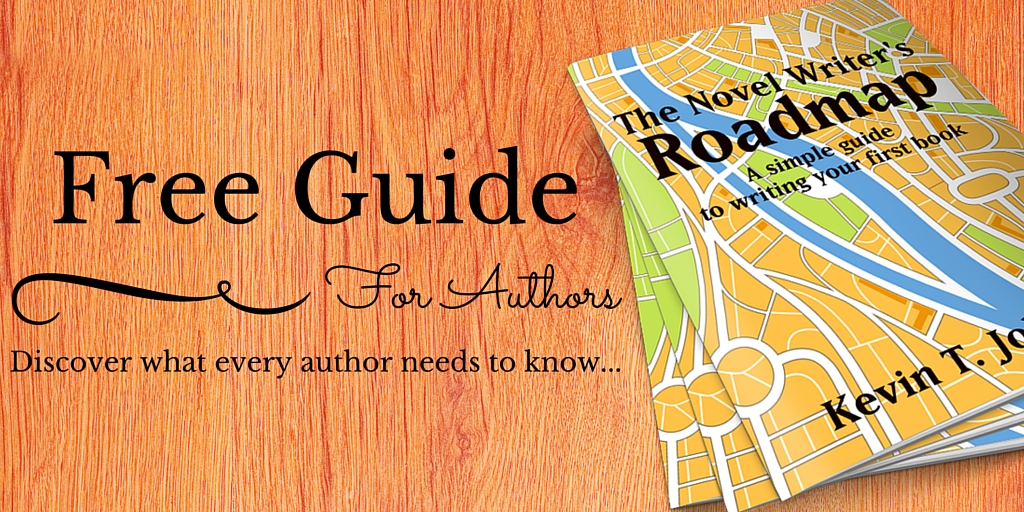When seeking feedback on your manuscript, it’s extremely important to be honest with yourself regarding exactly what type of feedback you want.
Whether you’re providing the piece of writing to a spouse, a critique group, or beta readers, you’ll need to let the reader know specifically what you require from them in return.
The worst possible thing you can say is, “Just let me know what you think.”
When you leave your request so wide open and vague, the resulting feedback could be regarding typos, the giant plot hole in act three, or something else entirely; all of which may or may not be helpful.
The exact type of feedback you should be asking for will depend largely on what stage you are at in the drafting process.
When seeking advice from beta readers, for example, you’ll likely be sharing a completed manuscript, in which case you’ll probably be looking for comments on things like character arcs or over-all pacing. Whereas, the feedback you’re going to want from a critique group that you’ve just read the 1st draft of a single chapter to will be very different and will likely be more focused on things like tone, word choice, and style.
Before requesting feedback from any reader, I recommend reviewing Jami Gold’s helpful beta reader worksheet, and then using the questions relevant only to the stage you are at in the crafting of your work.
All of that said… it’s time to address the elephant in the room.
It’s time to get real for minute, okay?
This is going to be just between us writers.
Whether you want to admit it or not, the truth is that most of what I’ve discussed here isn’t actually relevant to you.
Right?
The feedback you want isn’t related to pacing, typos, or characterization, is it?
Nope. Didn’t think so.
You want the following…
You want readers to tell you, “It’s good.”
That’s it.
You may say you want a plot critic or feedback on characterization. You may claim you want help identifying plot holes or polishing up the sentence structure. But in your heart of hearts what you really want is for the reader to tell you your story/chapter/manuscript is good.
You want the positive feedback that will give you the motivation to keep writing, keep revising, and keep editing.
You want the positive energy that will allow you to keep going.
There’s nothing wrong with that… so long as you are being honest with yourself.
I often give the first draft of my books to my wife with the following instructions, “Please read this and then tell me that it’s good.”
She does.
And the resulting endorphin rush allows me to get back to work on the second draft.
It’s part of my writing process, and it works great because I’m being honest about what I need from my reader in terms of feedback.
I urge you to approach your reader feedback requests with the same honesty.
If you actually want them to “rip it apart” and find “every plot-hole and typo”, tell them that.
But if what you are actually looking for is just for them to tell you, “It’s good,” let them know.
You’ll both be happier for it.
Do you know the 12 ESSENTIAL steps to creating a novel readers will love?
Drop your name and best email address into the form below to access your free copy of The Novel Writer’s Roadmap, a short and simple guide to writing your first book. It’ll walk you through the 12 essential steps to writing and publishing a novel readers will fall in love with.
I value your privacy and would never spam you








